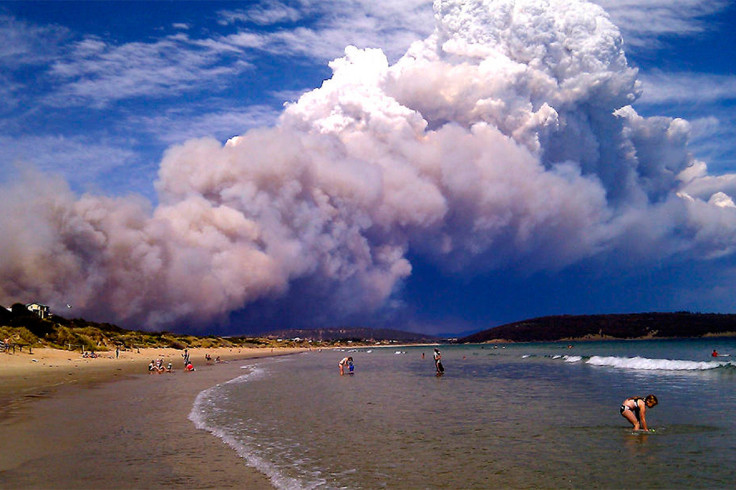Proposed Textbooks in Texas 'Contain False Information on Climate Change'

Proposed social studies books in Texas contain false information on climate change, an NGO has warned.
The National Centre for Science and Education (NCSE) – which aims at defending the teaching of evolution and climate change – released a report analysing the contents of new textbooks for social classes in the Lone Star State public school, Texas.
According to NCSE, some of the proposed books contain "distortions and bias that misrepresent the broad scientific consensus on [climate change]".
The report cites as an example two books claiming that many scientists disagree on the causes of climate change.
"Scientists do not disagree about what is causing climate change, the vast majority (97%) of climate papers and actively publishing climatologists (again 97%) agree that human activity is responsible," NCSE said.
In another example, the relationship between the ozone hole and climate change is misinterpreted.
Another book claims that climate change will cause temperatures to rise only for a brief period and that scientists "predict we'll have some cooler years and things will even out."
However, NCSE said that there are no publishing climatologists who predict a cooling trend.
NCSE's Minda Berbeco urged Texas to understand the need of having accurate books on climate change.
"Citizens of Texas deserve social studies textbooks that reinforce good science and prepare them for the challenges ahead."
Kathy Miller, president of the Texas Freedom Network Education Fund, said that publishers often distort facts to avoid the anger of politicians.
"We're seeing publishers shade and even distort facts to avoid angering politicians who vote on whether their textbooks get approved," she explained. "Texas kids deserve textbooks that are based on sound scholarship, not political biases."
The Texas state board of education is expected to make a final decision on the social studies books in November 2014.
However, Thomas Ratliff, a member of the board, told newspaper Austin American-Statesman that it only considers whether the books have factual errors and cover 50% of the state standards:
"If there's a complaint about the standards, that ship has sailed," he said.
© Copyright IBTimes 2025. All rights reserved.




















